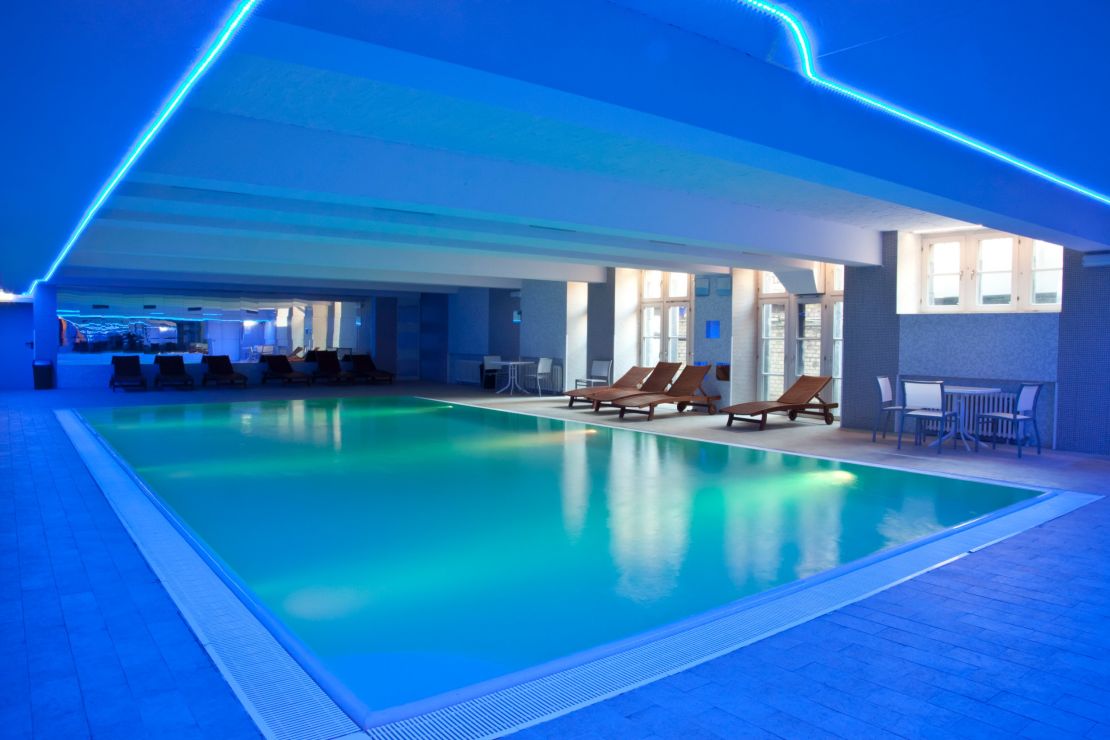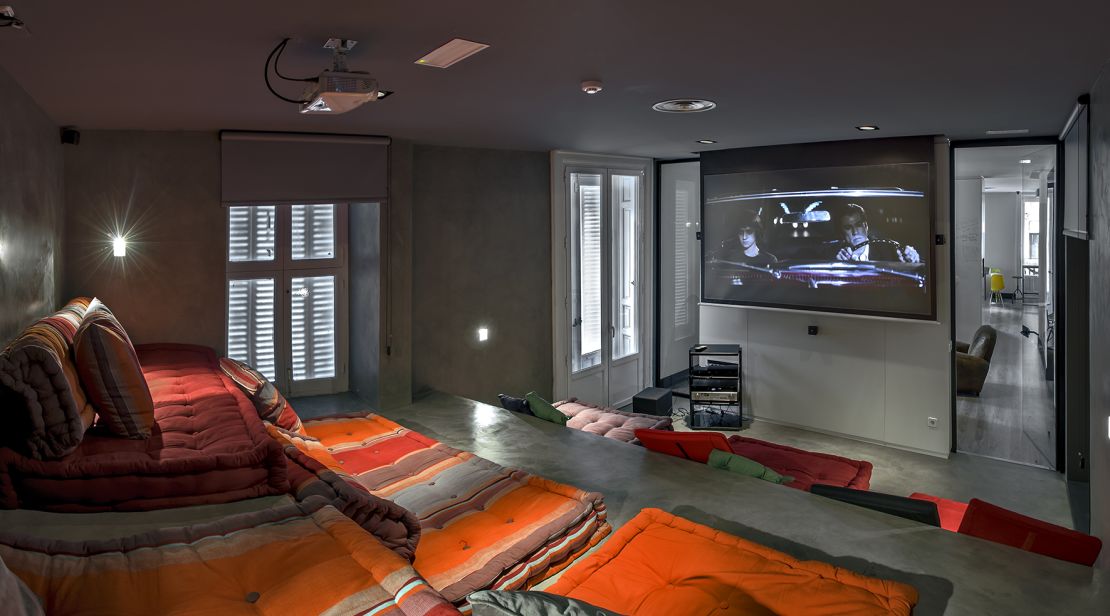Story highlights
Gourmet restaurants and private rooms are increasingly common hostel features
As hostels change, so do their clientele. Business travelers are starting to check-in
Some hostels are even starting to reach out to businesses to grow their customer base
Hostels were once considered the dregs of the hospitality industry, often conjuring up images of cramped dorms, communal bathrooms and dirt.
Thankfully, a new breed of grown-up hostels has hit the market worldwide. Pools, Turkish baths, massages-to-order and even babysitting are the types of services becoming more mainstream in budget offerings.
“Many hostels have undergone an extreme makeover in the past few years,” says Giovanna Gentile, a spokesperson for booking website HostelBookers, who notes that private, en suite rooms and free wi-fi are increasingly commonplace.
One reason for this shift, she adds, is that the median age of customers (at least according to HostelBookers’ demographic) has increased.
“What you find is that hostels want to cater to a wider audience. The baby boomer generation – who backpacked in their teens and 20s – are now coming back to hostels because they still very much enjoy the social element,” says Kash Bhattacharya, who runs the travel blog BudgetTraveller. Bhattacharya and recently published a guide called “The Luxury Hostels of Europe”.
The distinction between hostels and hotels used to be clear, but this is no longer the case as the former cheap lodgings are increasingly offering perks like 24-hour breakfast-on-demand, salon services, organic restaurants on-site, and a few quirky extras like private cinema rooms.
“The line is definitely blurred,” says Bhattacharya.
Read more: Pop-up hotels: catch them while you can
“If you check in to The Independente in Lisbon, for example, sure you’ll find dorms on the bottom floor, but on the fourth floor you’ll find private rooms with a Nespresso coffee machine,” he says.
Gentile notes that the digital age has also played a part in changing the wants of many backpackers.
“In the past, backpacking was about exploring the world with as few possessions as possible. Today’s tech-savvy generation travel with laptops, smart phones and MP3 players – they’re more encumbered than ever.”
Not surprisingly, this new breed of hostel is attracting a new breed of customer; namely, business travelers.
Mathias Schwender, who runs Bohemian Hostels, a collection of upscale backpacker lodgings in Prague, estimates that roughly 10% of his clientele are business travelers – a phenomenon he says only started happening in the last five to ten years.



“They’re the type of traveler that is not just staying for work, but also wants to meet others, that’s key,” he says. “Plus, we offer all the basic things they need: wi-fi in rooms, an outlet for their computer and breakfast.”
Recently, Schwender has even started partnering with a few local companies to place customers and visiting guests in his properties.
Read more: Hotels, the office of the future?
“Initially, they contacted us. We realized it was something we could capitalize more on and have started reaching out to more companies ourselves,” he says.
Though in the past, hostels have been considered bargain-bin buys, these swanker hybrids aren’t necessarily cheaper than hotel rooms.
“Our rate (for suites) is similar to a three-star hotel, but then again, our occupancy rate has to be higher to break even,” admits Schwender.
Bhattacharya, however, says that price isn’t the point, so much as the social aspect hostels offer.
“It can be lonely on the road, especially if you’re traveling for work,” he says. “Business travelers want to meet people, they don’t want to be stuck in a hotel room by themselves.”
Schwender concurs, noting that ultimately, it is the opportunity to mingle that truly defines a hostel.
“I think it’s important that hostels don’t make the mistake of trying to become too much like a hotel.. (they) don’t forget what they’re good at, which is the communal atmosphere.”













